Feeling a little daunted by the maze of fishing licenses and regulations? Trust me, I know exactly how you feel. It wasn’t until I buckled down and really immersed myself in this topic that things started to clear up.
This blog post is aimed at breaking it all down for you – we’ll cover different types of fishing licenses, rules specific to various states including Florida and Texas, even branching out into hunting licenses! Are you ready to tackle those tricky rules together? Let’s dive right in!
Importance of Fishing Licenses and Regulations
Fishing licenses are crucial for the conservation and sustainability of our aquatic resources, ensuring that fishing activities are conducted responsibly and in accordance with legal requirements.
Purpose of fishing licenses
Fishing licenses play a big role in protecting our fish. They stop us from taking too many fish and leaving none for others. By buying a license, you help care for the fish and their homes.
It also lets people know where they can or cannot fish. Also, money from fishing licenses helps to make fishing better for all of us. So, it’s not just about following rules but doing what’s right for nature, and everyone who loves to fish!
Role in conservation and sustainability
Fishing licenses play a big part in keeping our waters full of fish. Your license money goes straight to conservation work. This helps keep our lakes and rivers clean for the fish and us, too! It also makes sure we always have places to catch fish.
The Sustainable Fisheries Act says that healthy homes for fish are important for fishing now and in the future. Because of this, good fishing actions are key so that later generations can still enjoy catching all kinds of sea life.
Marine protected areas help both the ocean life and people who like catching fish by looking at how much people depend on content seas for their jobs or food source.
Legal requirements and penalties for fishing without a license
If you fish without a license, the law calls it illegal. You can get in trouble. The law might make you pay money or face other penalties. In Texas, some old people don’t need a fishing license.
But most people do need one before they go fishing. If you skip paying for your license and break other rules, that’s called illegal fishing. Activities like hunting or catching wildlife are against the law if you don’t have the right papers or permits.
When we fish on public water, we must obey all game laws to keep our permit good and valid.
Understanding Fishing Licenses and Regulations: 3 Tips for Advancement
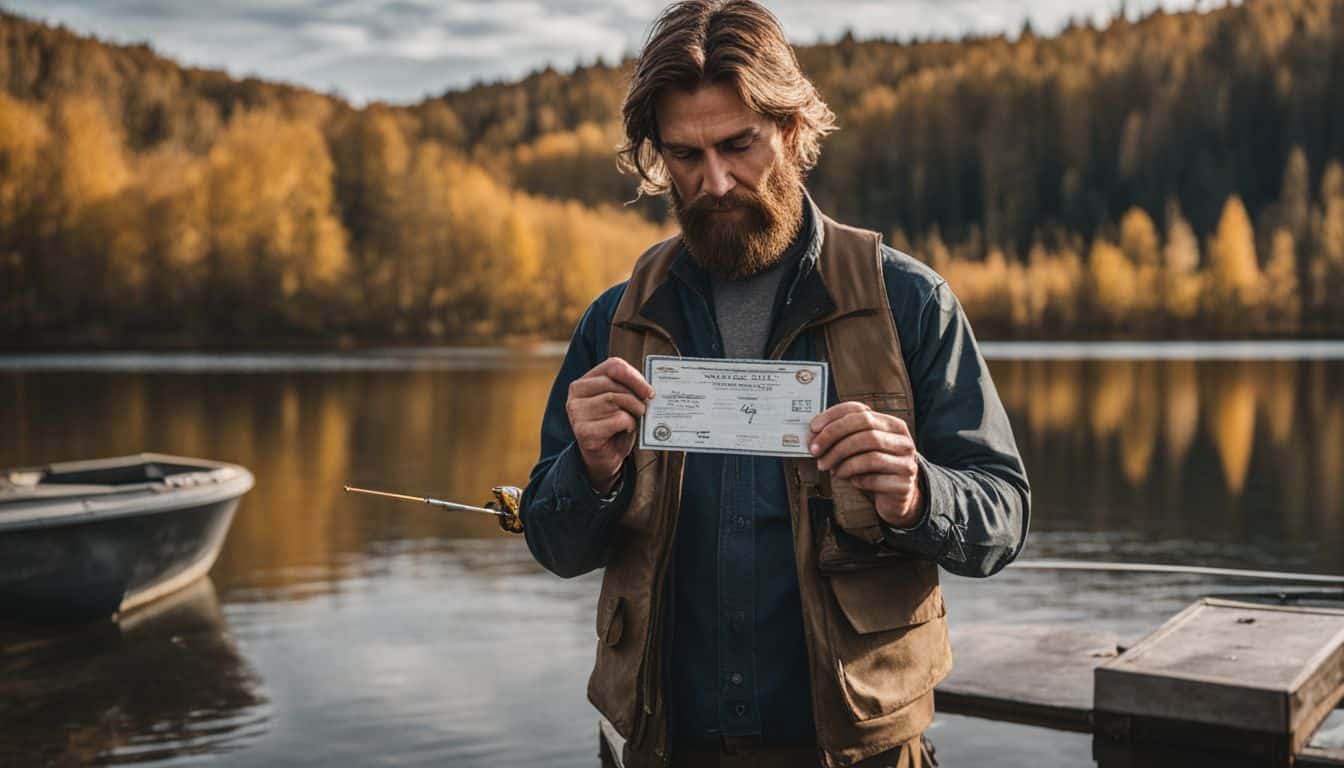
I want to share three important tips for advancing your fishing skills by understanding fishing licenses and regulations. Here they are:
- Know the different types of fishing licenses: There are different types of fishing licenses available depending on where you live and the type of fishing you plan to do. Make sure you are familiar with the requirements for obtaining a resident or non-resident license, as well as any additional permits needed for specific species or activities.
- Learn about fishing license requirements by state: Each state has its own fishing license requirements. For example, if you plan to fish in Florida, South Carolina, Montana, or Texas, make sure you understand the specific licensing requirements for those states. This will help ensure that you are legally allowed to fish and avoid any penalties for not having a proper license.
- Understand fishing regulations: Fishing regulations include things like fishing seasons and bag limits, size restrictions, and catch-and-release rules. It’s important to familiarize yourself with these regulations to help protect fish populations and maintain sustainable fishing practices. You can find this information through state fish and wildlife departments, fishing guidebooks and websites, or by seeking guidance from experienced anglers.
Types of Fishing Licenses and Endorsements
There are different types of fishing licenses available, including resident and non-resident licenses, as well as additional permits for specific species or activities. Understanding these options can help you ensure you have the right license for your fishing needs.
Read on to learn more about the various types of fishing licenses and endorsements!
Resident fishing licenses
If you live in a specific state, you might be eligible for a resident fishing license. This license is for people who reside in that state and want to fish there. The cost of the resident fishing license varies depending on the state, but it usually costs less than a non-resident fishing license.
Some states also offer special packages, like the Resident Active Military All-Water Fishing Package, which includes a fishing license and other endorsements at no cost. It’s important to check your state’s requirements and fees to get the right resident fishing license for you.
Non-resident fishing licenses
If you don’t live in the area where you want to go fishing, you’ll need a non-resident fishing license. This means you’re from out of town and not a local resident. Different states have different fees for non-resident licenses.
For example, disabled veterans who are non-residents can get a reduced fee of $8.75 in some places. If you’re an alien or someone who is not a citizen, you also need to get the right fishing license.
There are short-term non-resident licenses available that last for 1 day, 3 days, 7 days, or 14 days depending on your needs. The cost for a non-resident sport fishing license is $16 for all waters.
Additional permits for specific species or activities
Some fishing licenses may require additional permits for specific species or activities. These special permits allow individuals to engage in certain activities related to fishing that go beyond the general fishing license.
For example, there are targeted species permits that allow anglers to fish for specific types of fish that have their own rules and regulations. There are also activity-specific permits, such as coastal fishing permits for those who want to fish in coastal waters, and inland fishing permits for those who prefer freshwater fishing.
Additionally, there are saltwater and freshwater endorsements required depending on where you plan to fish. Combination licenses are available as well, which allow individuals to fish in both freshwater and saltwater and harvest shellfish and seaweed if desired.
Fishing License Requirements by State
Each state has its own specific requirements for obtaining a fishing license, such as Florida fishing license requirements, South Carolina fishing license requirements, Montana fishing license requirements, and Texas fishing license requirements.
Florida fishing license requirements
As a fishing enthusiast in Florida, it’s important to understand the fishing license requirements. Whether you’re a resident or a visitor, if you want to fish or hunt in Florida, you need to have a valid Florida hunting, freshwater fishing, or saltwater fishing license.
This applies to both residents and non-residents. Non-resident anglers who want to fish in saltwater must purchase a regular nonresident saltwater fishing license at different rates depending on how long they plan to fish – three days, seven days, or one year.
It’s also worth noting that minors between the ages of 0 and 18 can obtain lifetime fishing licenses in Florida. So make sure you have the right license before casting your line!
South Carolina fishing license requirements
To go fishing in South Carolina, you need to have a fishing license if you’re 16 years old or older. The license is valid for three years, which means you won’t have to renew it every year.
If you want to fish in saltwater and catch marine species, you will also need a separate saltwater fishing license. The cost of a freshwater fishing license in South Carolina is $30.
Non-residents are also required to obtain a fishing license if they want to fish in the state. So make sure to get your fishing license before heading out on your next angling adventure!
Montana fishing license requirements
To fish in Montana, you need two licenses if you’re 12 years old or older. The first is the Conservation License, which costs $10 for non-residents and $8 for residents of Montana.
The second is the Base License, which allows you to possess any fish or aquatic invertebrate allowed by the state’s fishing regulations. It’s important to note that a tribal permit is not required on the Bighorn River within the Crow Reservation boundaries.
Lastly, don’t forget that fishing licenses in Montana need to be renewed periodically.
Texas fishing license requirements
In Texas, if you want to fish in the public waters, you need to have a fishing license. It is required for both residents and non-residents. For Texas residents, you must have a valid fishing license with either a freshwater or saltwater endorsement.
This means that the license covers fishing in both coastal waters and inland waters. Even seniors who are 65 years old and older need to purchase a fishing license in Texas. So make sure you get your fishing license before heading out to enjoy some great fishing in Texas!
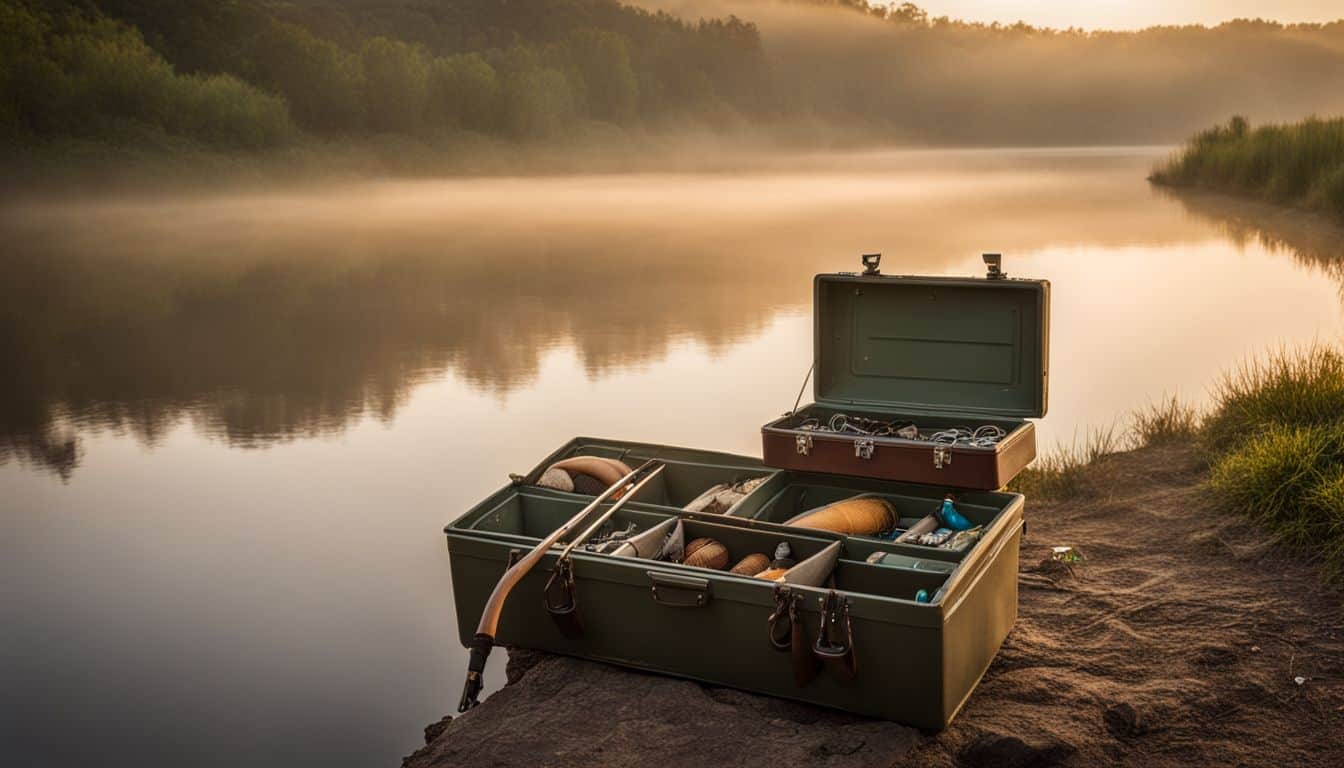
Fishing License Costs and Renewal
Learn about the cost of fishing licenses in different states and how to renew them. Don’t miss out on important information that could save you time and money!
Cost of fishing licenses in different states
The cost of a fishing license can vary greatly depending on the state you’re in. While some states offer affordable rates for residents, others can be a bit steeper, especially for non-residents. Here’s a quick look at the costs across a few different states:
| State | Resident Fishing License Cost | Non-Resident Fishing License Cost |
|---|---|---|
| Florida | $17 | $47 |
| South Carolina | $10 | $35 |
| Montana | $31 | $81 |
| Texas | $30 | $58 |
Keep in mind that these costs can fluctuate and it’s always best to check the current rates on your state’s fish and wildlife department website. Don’t forget about the additional permits you might need for specific species or activities, like the Resident All-Water Fishing Guide License in Texas that costs $210. Keeping up to date with these costs and regulations can help you avoid any penalties and also supports conservation efforts.
Renewal process and expiration dates
Renewing your fishing license is important to ensure that you can continue enjoying the sport legally. Here are some key things to know about the renewal process and expiration dates:
- Fishing license packages in Texas are valid from August 15th of one year through August 31st of the following year.
- All – water package licenses in Texas are valid from the date of purchase until August 31st of the same year.
- If you have a fishing permit in Texas, you can renew it up to 60 days before it expires. You’ll need to submit an application to the Southeast Permits Office within this timeframe.
- Special endorsements or validations, such as the Second-Rod Validation and Ocean Enhancement Validation for sport fishing, are typically valid for 365 days from the date of issuance.
- Lifetime fishing licenses in Texas will cost $500 for individuals starting June 1st, 2022.
- If you’re interested in a free one – day fishing license in Texas, you can obtain it online through the license system three weeks prior to each designated date.
Where to Obtain Fishing Licenses
You can easily obtain fishing licenses online or at physical locations near you. Don’t miss out on the opportunity to get your license and start enjoying a day of fishing! Read more to find out how.
Online platforms
When it comes to obtaining fishing licenses, online platforms can be a convenient option. Some states allow you to apply and pay for your fishing license directly through their official website.
However, it’s important to note that not all states offer this online service. Only five states currently provide links to fishing regulations or other important details on their online platforms for obtaining fishing licenses.
So, if you’re in one of those states, you can save time by applying for your license from the comfort of your own home.
In addition to state websites, there are also other online platforms where you can obtain your fishing license. For example, some sporting goods stores and outdoor retailers have websites that allow you to purchase a license online as well.
It’s worth checking out these options too when looking for the most convenient way to get your fishing license.
Physical locations
You can get your fishing license at different places. Some physical locations where you can buy fishing licenses include local tackle shops, sporting goods stores, and outdoor retailers.
Many states also have official outlets where you can purchase fishing licenses in person. In addition to these options, some states even offer the convenience of obtaining fishing licenses at tax collector’s offices or through their state fish and wildlife departments.
The State of Connecticut, for example, provides online links to buy licenses and permits directly from their website. So, if you prefer to get your license in person rather than online, there are plenty of physical locations available for you to choose from.
Restrictions on purchasing licenses
When purchasing fishing licenses, it’s important to be aware of any restrictions that may apply. In some states, there may be age requirements for obtaining a license, such as being 16 or older.
Additionally, certain individuals may be exempt from needing a fishing license altogether. It’s also worth noting that while many licenses can be purchased online or by phone, some states also offer the option to buy them at retail outlets like Walmart.
Each state has its own regulations in place, so it’s important to check the official listings and purchase links provided by the state fish and wildlife departments to ensure you comply with all requirements when buying your fishing license.
Understanding Fishing Regulations
Fishing regulations include fishing seasons, bag limits, size restrictions, and catch-and-release rules.
Fishing seasons and bag limits
Fishing seasons and bag limits are important for understanding fishing regulations. They help protect fish populations and ensure sustainability. It’s good to know when you can fish and how many fish you can catch.
- Trout season typically begins at 8 a.m. in Pennsylvania.
- Different regions have different regulations for commercial fishing, like annual catch limits and seasonal closures.
- New York State has specific rules for freshwater fishing, including minimum length requirements for certain types of fish.
- Texas Parks and Wildlife has bag limit regulations for guided fishing parties.
- Montana requires a fishing license and following the seasons, restrictions, and bag limits listed in the fishing regulations.
Size restrictions
When fishing, it’s important to be aware of size restrictions. These restrictions help protect certain fish species and ensure that they have a chance to grow and reproduce. Here are some key points to keep in mind:
- Check the regulations: Before going fishing, make sure to familiarize yourself with the specific size limits for the fish species you’re targeting. Each state may have different regulations, so it’s essential to know the rules in your area.
- Measure accurately: When catching a fish, use a proper measuring device to determine its length. It’s important to measure from the tip of the fish’s snout (nose) to the end of its tail, using a flat surface for accurate measurements.
- Release undersized fish: If you catch a fish that doesn’t meet the size limit, it’s crucial to release it back into the water immediately and unharmed. This ensures that undersized fish have a chance to grow and contribute to sustainable populations.
Catch-and-release rules
Catch-and-release fishing is a popular practice among anglers. Here are some important rules to remember when engaging in catch-and-release:
- Compliance with bag and size limits is necessary. These limits are put in place to protect fish populations and ensure sustainability.
- Fish that are caught and immediately released are not considered to be in your possession. It’s important to handle the fish with care and minimize harm.
- When handling the fish, use wet hands or a wet rag to prevent removing their protective slime coat, which helps them stay healthy.
- Turning a fish on its back and covering its eyes can help calm it down before release. This reduces stress on the fish and increases its chances of survival after being released.
- Avoid putting your fingers in the fish’s eyes or gills while handling. These areas are sensitive and should be treated with care.
Resources for Learning Fishing Regulations
To learn more about fishing regulations, you can turn to state fish and wildlife departments, fishing guidebooks and websites, as well as fishing charters and guides.
State fish and wildlife departments
State fish and wildlife departments are valuable resources for learning about fishing regulations. They play a crucial role in managing fish and wildlife populations to ensure sustainability and conservation.
These departments regulate not only fishing licenses, but also other aspects of fishing such as shellfishing, freshwater sport fishing, and regulations regarding taking fish, amphibians, and reptiles.
They provide information on different types of licenses available, their costs, requirements, and expiration dates. If you have any questions or need clarification on the rules and regulations in your state, these departments are there to help you understand and comply with them.
Fishing guidebooks and websites
I find fishing guidebooks and websites to be incredibly helpful resources when it comes to understanding fishing regulations. These guides provide valuable information on angling regulations, fishing permits, restrictions, laws, licenses, guidelines, rules, seasons, quotas, and conservation measures.
By referring to these resources, I can ensure that I am following all the necessary laws and regulations related to fishing. Websites like the Texas Parks and Wildlife website offer detailed information about fishing regulations in specific states and how to obtain a fishing license.
Other states like California and New York also provide online booklets for accessing fishing and hunting regulations. Overall, these guidebooks and websites are essential tools for any angler seeking to enhance their knowledge of fishing regulations.
Fishing charters and guides
If you’re looking to learn more about fishing regulations, fishing charters and guides can be a great resource. They have the experience and knowledge to help you understand the rules and regulations of fishing in specific areas.
Fishing charters are trips where you can hire a boat and guide to take you out on the water for a day or more. These charters often specialize in specific types of fishing, like marlin fishing.
On these trips, it’s important to make sure that the captain or owner holds a valid captain’s license. Additionally, charter boats operating in federal waters must possess the required permits to fish in those areas.
So if you’re interested in learning more about fishing regulations and having an expert by your side, consider booking a trip with a fishing charter or guide.
Tips for Advancing Fishing Skills
– Join fishing clubs and organizations.
– Attend workshops and seminars.
– Seek guidance from experienced anglers.
Read on to discover how these tips can help you take your fishing skills to the next level!
Joining fishing clubs or organizations
Joining fishing clubs or organizations is a great way to advance your fishing skills. These groups provide opportunities for anglers to come together, share knowledge and experiences, and learn from each other.
By joining a fishing club or organization, you can connect with fellow enthusiasts who have valuable insights and tips to offer. You can also participate in workshops, seminars, and events organized by these groups that focus on improving various aspects of fishing techniques such as casting, bait selection, or different styles of angling.
Being part of a fishing club or organization not only enhances your skills but also allows you to build friendships and connect with others who share your passion for the sport.
Attending workshops and seminars
I find attending workshops and seminars to be incredibly beneficial for advancing my fishing skills. These educational events provide valuable information on various topics, including understanding fishing licenses and regulations.
By participating in these workshops, I am able to learn about the specific fishing license laws and regulations in my state, as well as gain a deeper understanding of their importance.
Additionally, these workshops often cover other aspects of fishing, such as techniques and equipment recommendations. Through these opportunities, I can enhance my knowledge and improve my abilities as an angler.
Seeking guidance from experienced anglers
I love fishing and I always want to improve my skills. One way I’ve found helpful is by seeking guidance from experienced anglers. They have a wealth of knowledge and can provide valuable tips and techniques to help me become a better fisherman.
Whether it’s learning about different fishing spots, understanding the best bait to use, or mastering casting techniques, experienced anglers are a great resource for advancing my fishing skills.
By asking questions, observing their methods, and listening to their advice, I can learn from their years of experience on the water. It’s always exciting to connect with fellow fishermen who are passionate about the sport and willing to share their expertise.
Conclusion on Fishing Licenses And Regulations
In conclusion, understanding fishing licenses and regulations is crucial for every angler. By following the rules, you can help conserve fish populations and ensure sustainable fishing practices.
Remember to always have a valid license, stay informed about the regulations in your state, and continue to advance your skills through education and experience. Happy fishing!
FAQs on Fishing Licenses And Regulations
1. Where can I obtain a fishing license?
You can obtain a fishing license from your state’s fish and wildlife department, online through their website, or at local bait and tackle shops.
2. What is the purpose of a fishing license?
A fishing license is required to legally fish in freshwater or saltwater bodies and helps support conservation efforts, manage fish populations, and maintain sustainable fisheries.
3. Do I need a separate license for freshwater and saltwater fishing?
Yes, typically you will need separate licenses for freshwater and saltwater fishing as they have different regulations. Some states offer combination licenses that cover both types of fishing.
4. Are there any age restrictions for obtaining a fishing license?
Age restrictions for obtaining a fishing license vary by state. In many states, individuals under 16 years old may not require a license but should still follow all other regulations.
5. Can I catch any type of fish with my fishing license?
The type of fish you are allowed to catch depends on the specific regulations outlined by your state’s fish and wildlife department. It’s important to familiarize yourself with these regulations before casting your line.

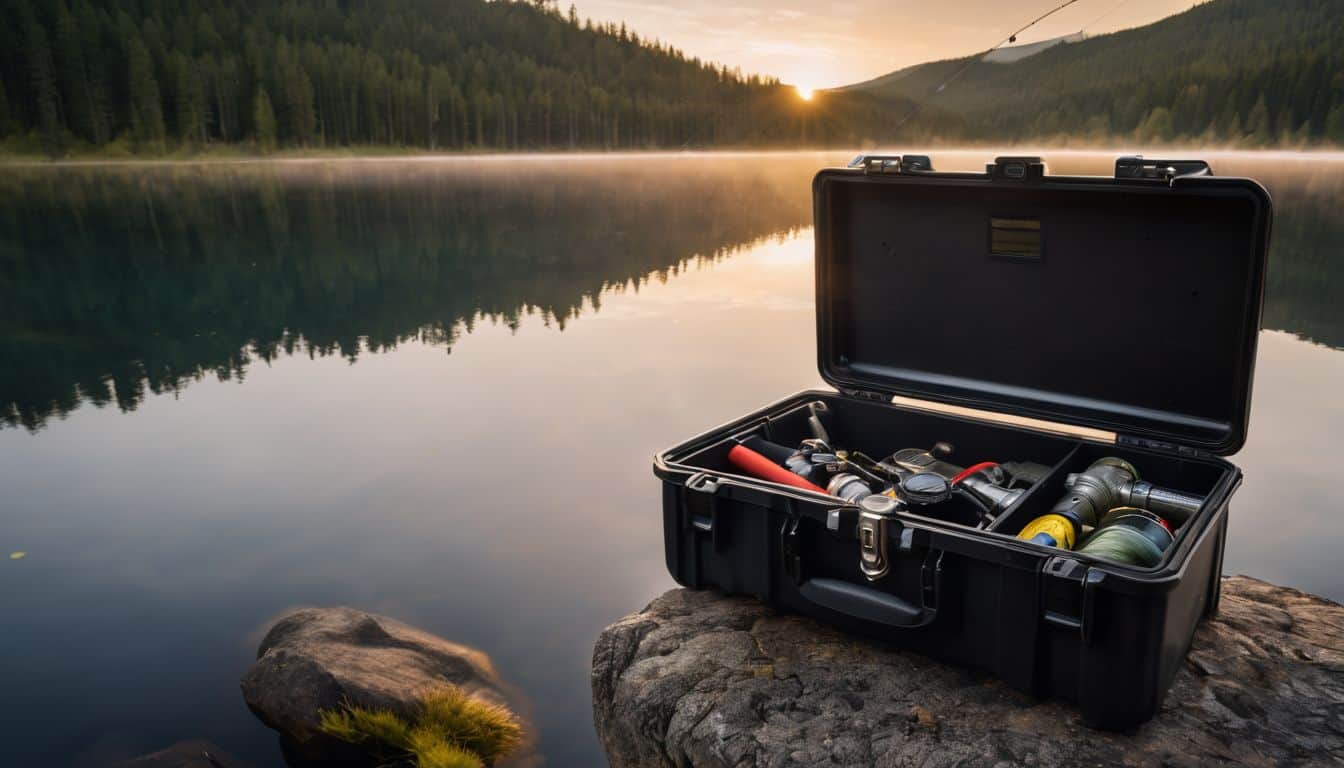
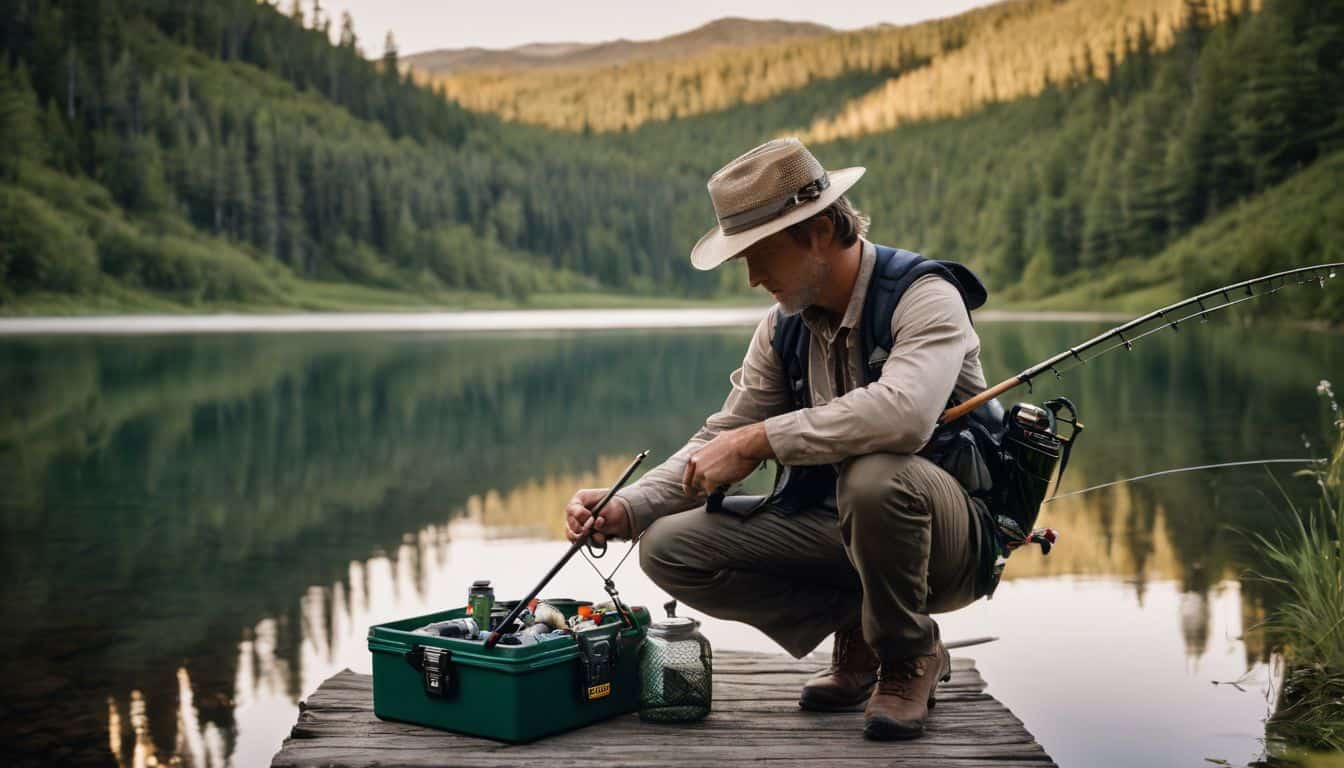
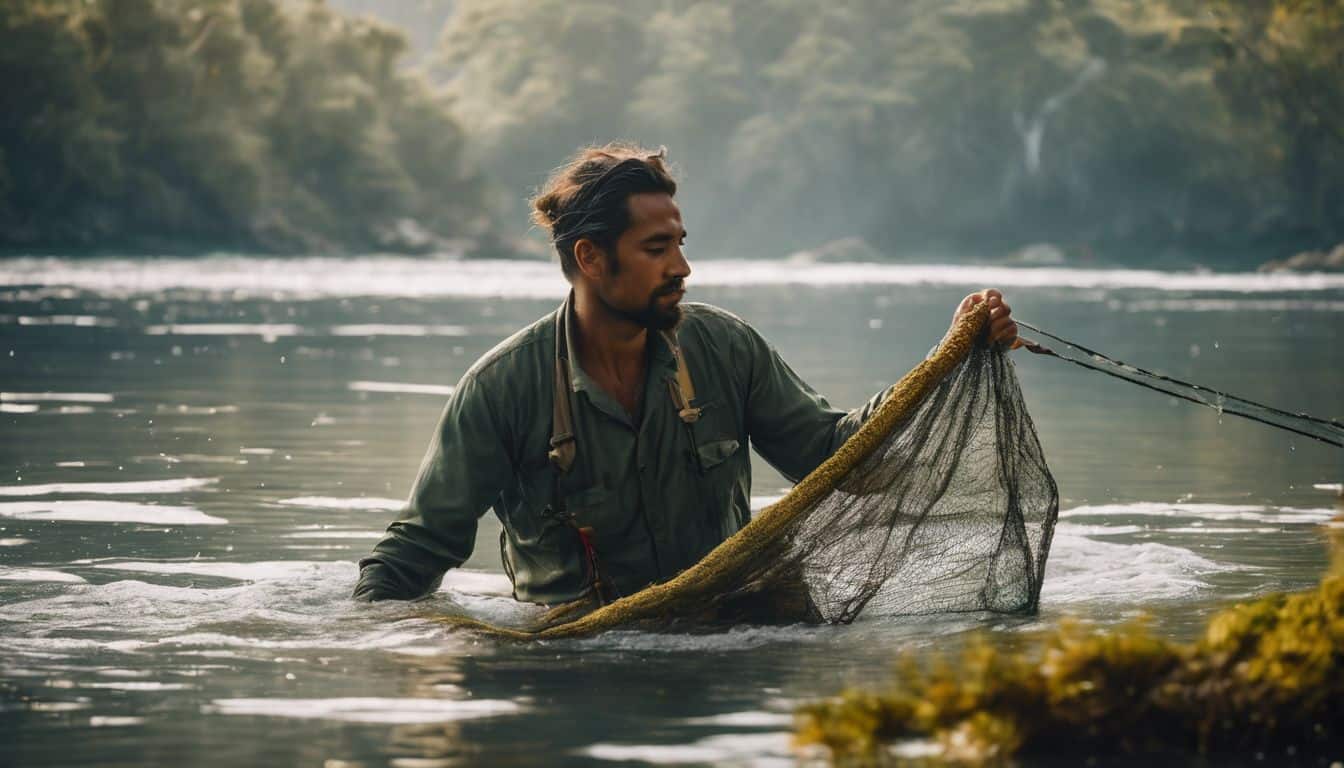
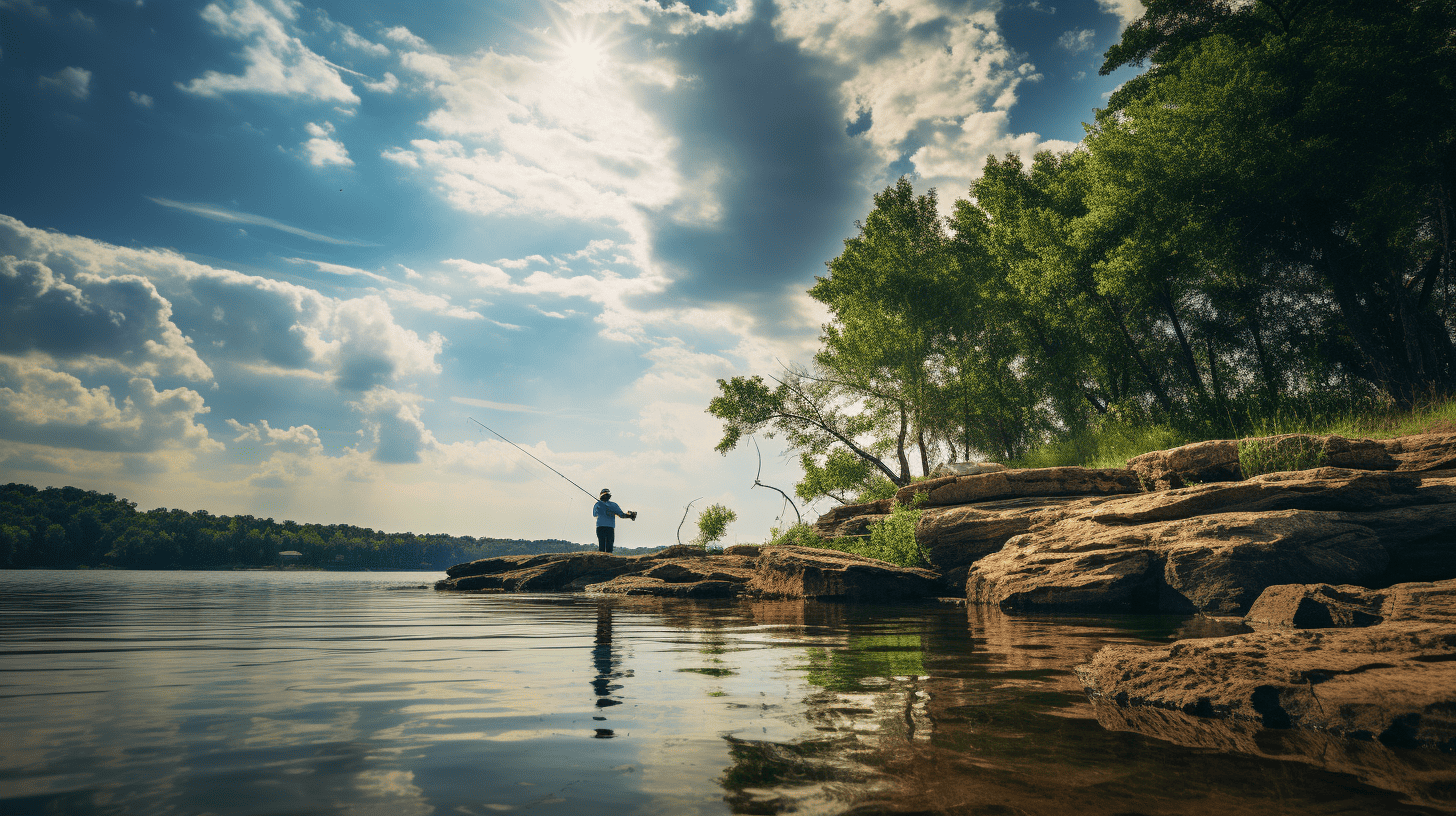
Leave a Reply